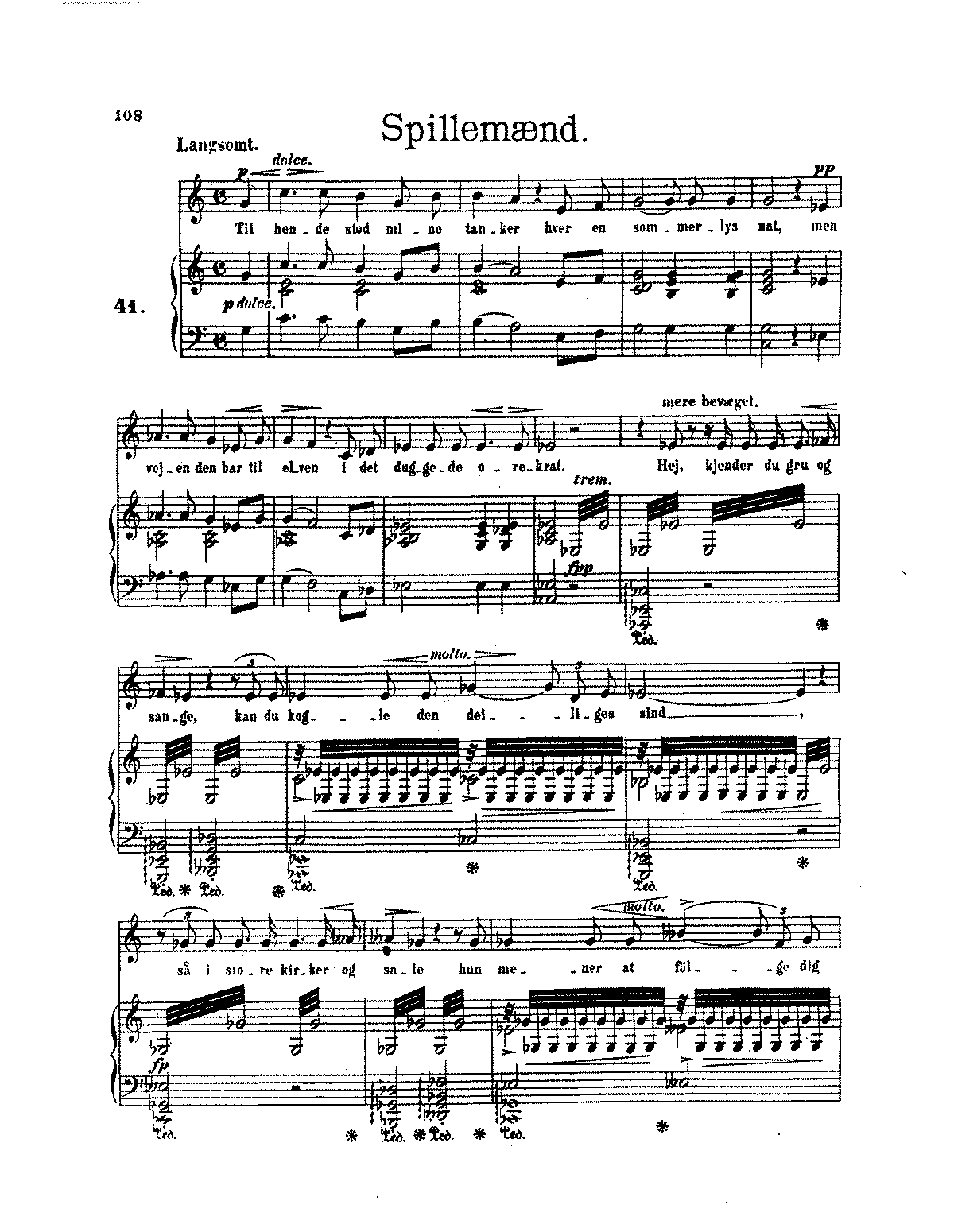

It has this counterintuitive effect" Sebastian Wolff, Materia Collective "By saying: 'We don't want to put this out,' it gives up control. Some groups have banned the discussion of bootleg records to discourage purchases, while other groups - often private - serve as a discussion point for the subject. Is piracy an accessibility problem?īootleg records are a divisive issue across the video game music community. "There's a newer trend of not crediting the label behind a release on the release itself in order to obscure the origins," Lauridsen says. Others are easier to find, operating through online stores that are primarily run through the online storefront, Big Cartel. Numbers are becoming more difficult to track, as most bootleg labels are being more discreet about how they operate, selling their records through invite-only groups, private Instagram accounts, and mailing lists. These numbers have been gathered from information on Discogs, online marketplaces such as eBay and Amazon, and social media sites. Lauridsen counts around 180 individual bootleg records released by 28 bootleg labels and individuals. "The last two or three years it's really exploded," he says. He believes bootleg records make up as much as 10% of the video game music (VGM) market, counting the different variants and colour pressing for each record. Bootleg or counterfeit records - unlicensed records which are sold without the permission of the rights holders - have been around since the '60s, but a growing number of bootleg labels are now emerging within the video game music scene, illegally manufacturing and distributing video game soundtracks that haven't been made available by game publishers.įrederik Lauridsen has spent the last five years cataloging and archiving video game vinyl records on his website Blip Blop. Music popularity is never too far from music piracy, and vinyl records aren't immune to the problem. With music consumption up for the fifth year in a row, more and more video game publishers are working with labels to release their soundtracks on vinyl - but not all of them. In 2019, 4.3 million LPs were sold, with sales up for the 12th year in a row, according to the British Phonographic Industry. And while CDs may have reigned supreme throughout the '90s, the vinyl format has proved to be the king in 2020. More than 100 video game soundtracks were released on vinyl throughout the 1980s, mainly in Japan, according to the Video Game Music Database. Sega, Namco, Nintendo, Konami, Sony, Capcom, and many more have spent the last 30 years experimenting with the weird and wild, ranging from an F-Zero arrangement album featuring Marc Russo of the Doobie Brothers on saxophone, to live festival performances from Sega's in-house SST band. "The last two or three years it's really exploded" Frederik Lauridsen, Blip Blop Hosono's fusion of electronic music and video game music posed an important question, the possibilities of which are still being explored by game companies today: what happens when we take the music from the video games that people spend hours playing every day, and present it to them in a format outside of the game?
Six years later, band member Haruomi Hosono released a ten-track LP featuring music from games such as Pac-Man, Dig Dug and Galaga - the world's first release of a video game soundtrack. The relationship between video game music and vinyl goes as far back as 1978, when Japan's genre-defying Yellow Magic Orchestra released their revolutionary self-titled album, which capitalised on the buzz of a rapidly-growing arcade scene by being the first album to sample video game music and sound effects. While the vinyl boom of the 2010s contributed to the formation of several new startups specialising in video game records, it isn't a recent phenomenon. Your favourite video game soundtracks can also be listened to as vinyl records.


 0 kommentar(er)
0 kommentar(er)
